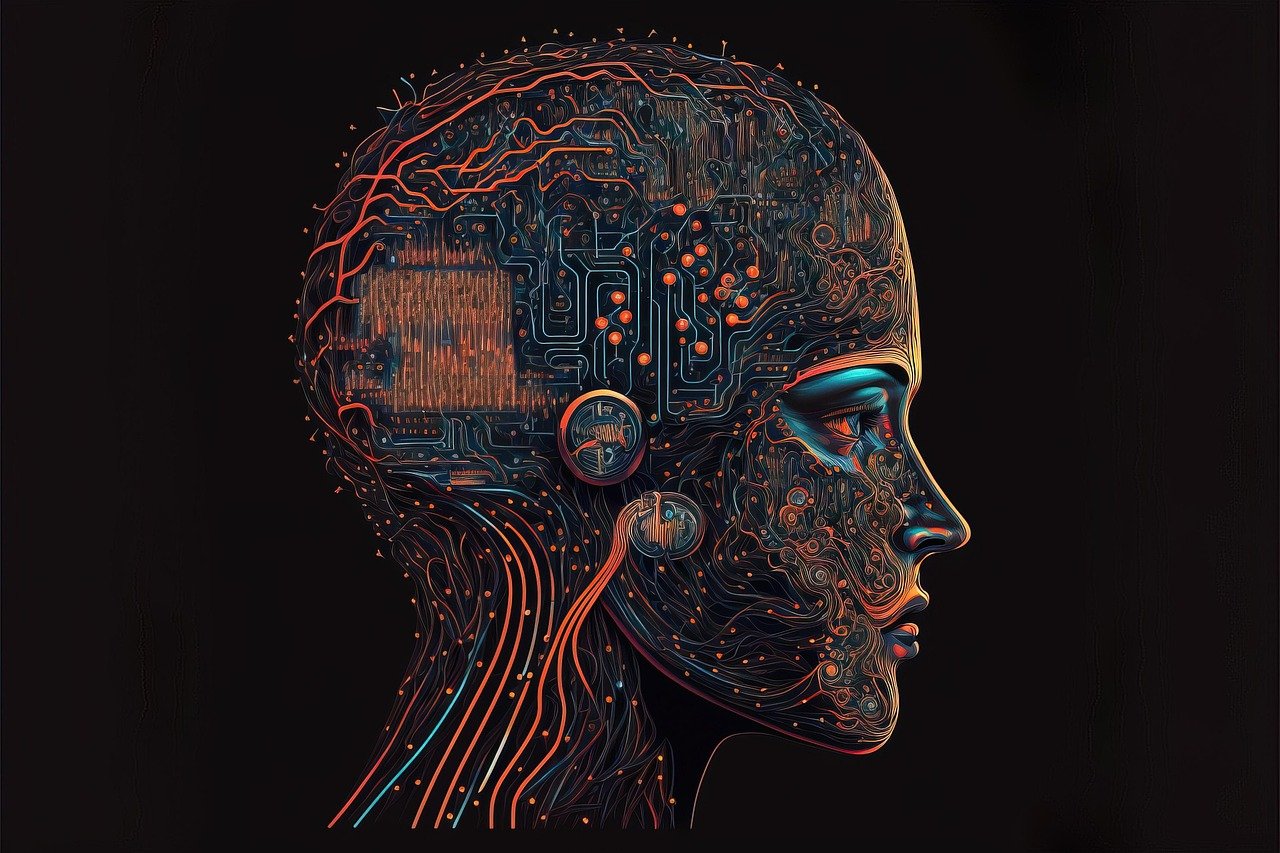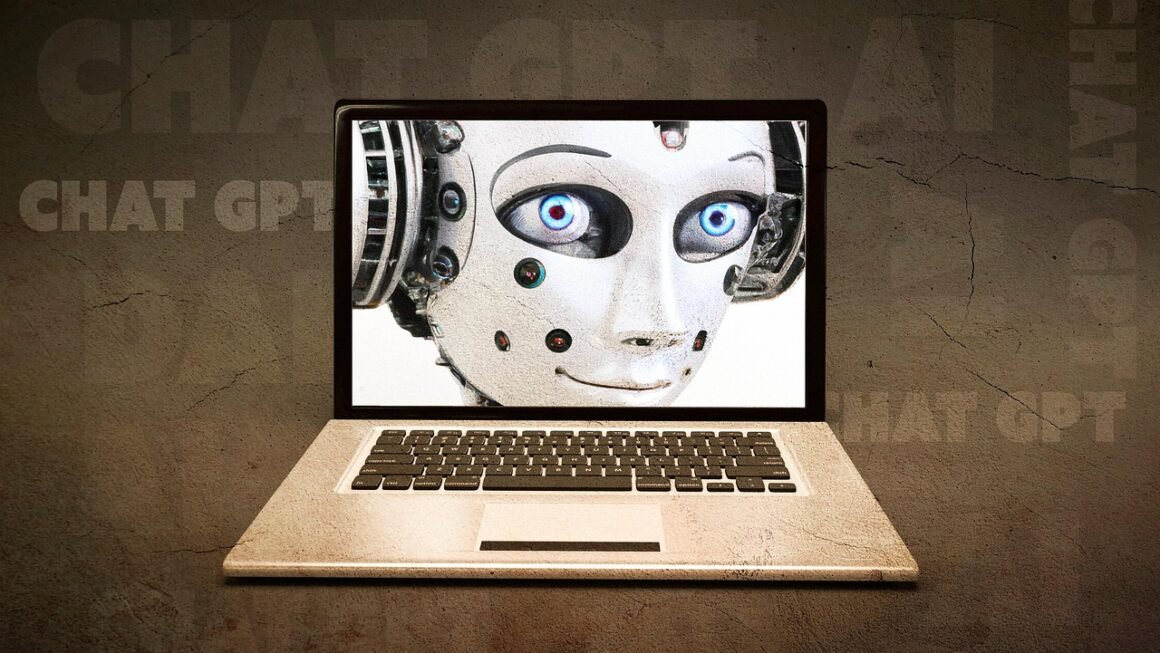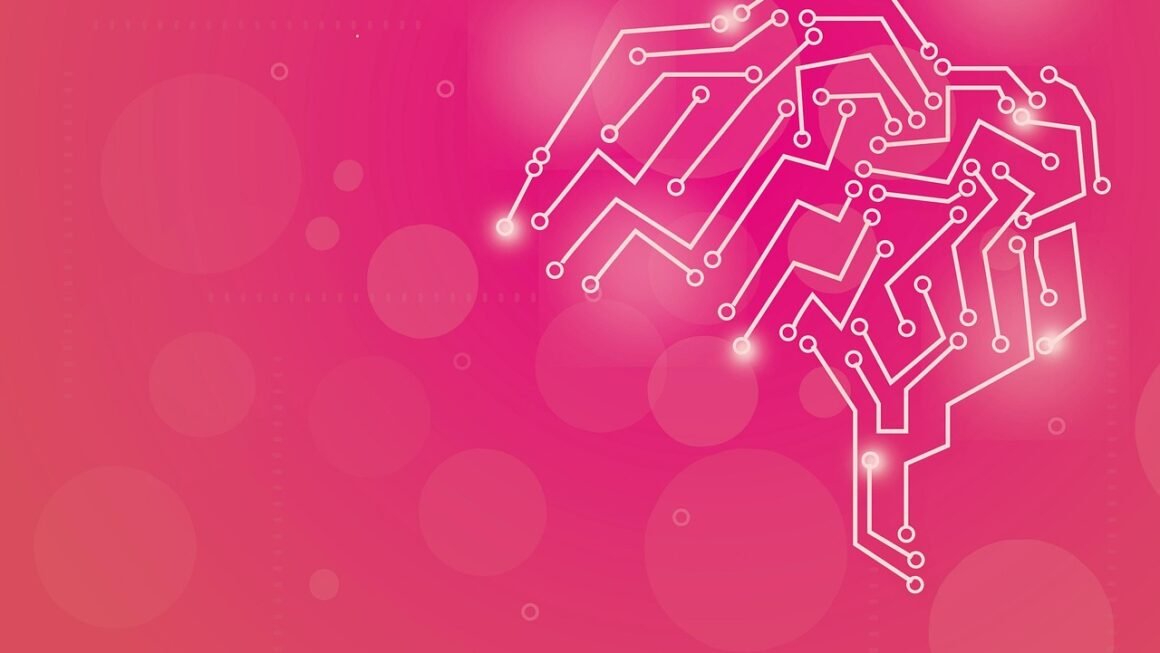Artificial intelligence (AI) is rapidly transforming the healthcare landscape, promising to improve patient outcomes, streamline operations, and reduce costs. From diagnosing diseases with greater accuracy to personalizing treatment plans, AI applications are poised to revolutionize how healthcare is delivered. This article explores the multifaceted role of AI in healthcare, delving into its various applications, benefits, challenges, and future prospects.
AI-Powered Diagnostics and Imaging
Enhanced Accuracy in Disease Detection
AI algorithms, particularly those based on deep learning, are proving incredibly adept at analyzing medical images such as X-rays, MRIs, and CT scans. These algorithms can identify subtle anomalies and patterns that might be missed by human radiologists, leading to earlier and more accurate diagnoses of diseases like cancer, Alzheimer’s, and cardiovascular conditions.
- Example: Google’s AI system for detecting breast cancer in mammograms has shown promising results, reducing false negatives and false positives.
- Benefit: Faster and more accurate diagnoses can lead to earlier treatment intervention, improving patient survival rates and overall health outcomes.
- Actionable Takeaway: Healthcare providers should explore integrating AI-powered diagnostic tools into their workflows to enhance their diagnostic capabilities.
AI in Medical Imaging
Beyond detection, AI is also improving the quality and efficiency of medical imaging. It can be used to:
- Reduce scan times: AI algorithms can reconstruct high-quality images from fewer data points, shortening scan times and reducing patient exposure to radiation.
- Improve image clarity: AI can enhance image resolution and remove noise, making it easier for radiologists to interpret the images.
- Automate image analysis: AI can automatically segment organs and tissues in medical images, saving radiologists time and reducing the risk of human error.
- Example: Deep learning algorithms are used in MRI to reduce the time patients spend in the scanner and improve image quality simultaneously.
Personalized Medicine and Treatment Plans
Tailoring Treatments to Individual Needs
One of the most promising applications of AI in healthcare is personalized medicine. By analyzing vast amounts of patient data, including genetic information, medical history, lifestyle factors, and environmental exposures, AI algorithms can identify patterns and predict how a patient will respond to different treatments.
- Benefit: Personalized treatment plans can lead to more effective therapies, fewer side effects, and improved patient satisfaction.
- Example: AI algorithms are being used to predict which patients with cancer are most likely to respond to specific chemotherapy regimens, allowing oncologists to tailor treatment plans based on individual patient profiles.
Drug Discovery and Development
AI is accelerating the drug discovery and development process, which traditionally takes many years and costs billions of dollars. AI algorithms can:
- Identify potential drug targets: AI can analyze biological data to identify proteins or pathways that are likely to be involved in disease.
- Predict drug efficacy and safety: AI can simulate how a drug will interact with the body, predicting its efficacy and potential side effects.
- Optimize drug design: AI can optimize the structure of a drug molecule to improve its efficacy and reduce its toxicity.
- Example: AI-powered platforms are helping researchers identify promising drug candidates for diseases like Alzheimer’s and Parkinson’s.
AI-Driven Operational Efficiency and Automation
Automating Administrative Tasks
AI can automate many of the administrative tasks that consume a significant amount of time for healthcare professionals, freeing them up to focus on patient care.
- Examples:
Automated appointment scheduling: AI-powered chatbots can handle patient inquiries and schedule appointments, reducing the burden on administrative staff.
Claims processing: AI can automate the processing of insurance claims, reducing errors and speeding up reimbursement.
Medical coding: AI can automatically assign medical codes to patient diagnoses and procedures, improving accuracy and efficiency.
Streamlining Hospital Operations
AI can optimize hospital operations, improving resource allocation and reducing costs.
- Examples:
Predictive bed management: AI can predict patient admissions and discharges, allowing hospitals to optimize bed allocation and reduce wait times.
Supply chain optimization: AI can optimize the supply chain for medical supplies, ensuring that hospitals have the necessary equipment and medications on hand when they need them.
Staff scheduling: AI can optimize staff schedules, ensuring that hospitals have the right number of staff members on duty at all times.
Remote Patient Monitoring and Telehealth
Improving Access to Care
AI-powered remote patient monitoring systems and telehealth platforms are expanding access to healthcare, particularly for patients in rural areas or those with chronic conditions.
- Examples:
Wearable sensors: Wearable sensors can track patients’ vital signs, such as heart rate, blood pressure, and glucose levels, and transmit the data to healthcare providers.
Virtual consultations: AI-powered chatbots can conduct virtual consultations with patients, providing them with medical advice and triaging their symptoms.
* Remote medication management: AI can help patients manage their medications remotely, ensuring that they are taking the right doses at the right times.
Early Detection of Health Problems
Remote monitoring allows for the early detection of potential health problems. AI algorithms can analyze the data collected by wearable sensors and identify patterns that may indicate an impending health crisis, such as a heart attack or stroke.
- Benefit: Early detection allows for prompt intervention, potentially preventing serious complications and improving patient outcomes.
Ethical Considerations and Challenges
Data Privacy and Security
The use of AI in healthcare raises important ethical considerations, particularly regarding data privacy and security. Healthcare data is highly sensitive and must be protected from unauthorized access and misuse.
- Challenge: Ensuring that patient data is used ethically and responsibly requires robust data governance policies and security measures.
- Solution: Implementing strong encryption, access controls, and data anonymization techniques.
Algorithmic Bias
AI algorithms can be biased if they are trained on data that reflects existing biases in the healthcare system. This can lead to disparities in care for certain patient populations.
- Challenge: Identifying and mitigating algorithmic bias requires careful attention to data collection and algorithm design.
- Solution: Using diverse datasets and implementing fairness-aware machine learning techniques.
Lack of Transparency
The “black box” nature of some AI algorithms can make it difficult to understand how they arrive at their conclusions. This lack of transparency can erode trust in AI systems and make it difficult for healthcare professionals to interpret their results.
- Challenge: Improving the transparency and explainability of AI algorithms is crucial for building trust and ensuring accountability.
- Solution: Developing explainable AI (XAI) techniques that provide insights into how AI algorithms work.
Conclusion
AI is poised to revolutionize healthcare, offering the potential to improve patient outcomes, streamline operations, and reduce costs. From AI-powered diagnostics and personalized treatment plans to automated administrative tasks and remote patient monitoring, AI applications are transforming the way healthcare is delivered. However, it is crucial to address the ethical considerations and challenges associated with AI, such as data privacy, algorithmic bias, and lack of transparency, to ensure that AI is used responsibly and ethically in healthcare. As AI technology continues to evolve, it will play an increasingly important role in shaping the future of healthcare.



